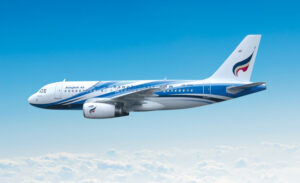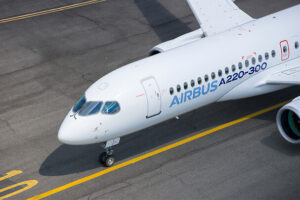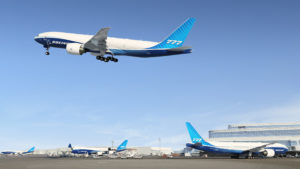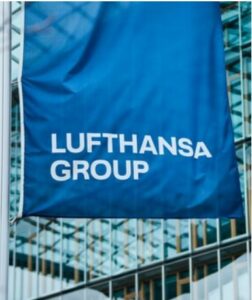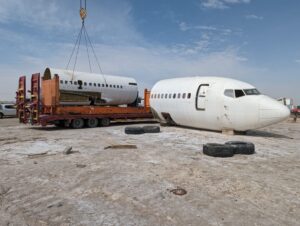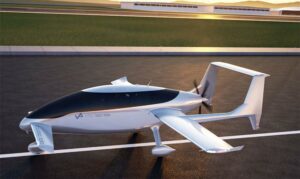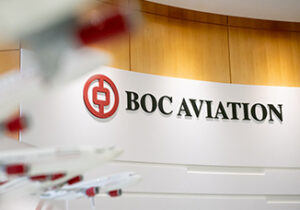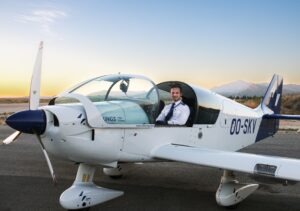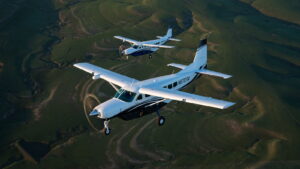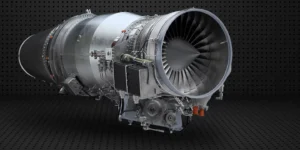AVIATAR, Lufthansa Technik’s digital operations suite, now operates with a carbon neutral status. The Digital Fleet Services business segment has had this certified by standardised reporting and offsetting via the certified compensation platform SQUAKE. AVIATAR is thus a pioneer among digital tech ops platforms in the aviation industry as well as among Lufthansa Technik’s business segments.
At AVIATAR, the achievement of carbon neutrality is based on two pillars. On the one hand, the emissions caused by the technical cloud and office infrastructure as well as by the employees had already been massively reduced in past years. While 152 metric tonnes of CO2 equivalents were still emitted in 2019, this figure was almost halved in 2021, to just 77 metric tonnes. This corresponds to the average annual footprint of just seven people. The halving of emissions is all the more remarkable given the significant increase in the number of customers over the same period and a tripling of the number of aircraft serviced on the AVIATAR platform. AVIATAR will continue to vigorously pursue the goal of reducing its real emissions.
On the other hand, AVIATAR’s carbon footprint is already neutral today, thanks to full financial compensation of the remaining emissions through a broad portfolio of social and environmental projects. These include, for example, the installation of wind turbines in India, reforestation of rainforest in Nicaragua, support for sustainable food production in Burundi, and the procurement of sustainable aviation fuel (SAF).
The compensation of emissions is carried out in close cooperation with SQUAKE. The IT start-up, a spin-off from the Lufthansa Group’s Innovation Hub, automates the emissions accounting and enables AVIATAR to operate the calculated compensation exclusively via certified projects. This ensures that the emissions generated are offset in a complete, transparent and verifiable manner. In addition to the annual compensation of future emissions from now on, AVIATAR has decided to also compensate its emissions from the past three years (319 tonnes of CO2 equivalent) via SQUAKE.



